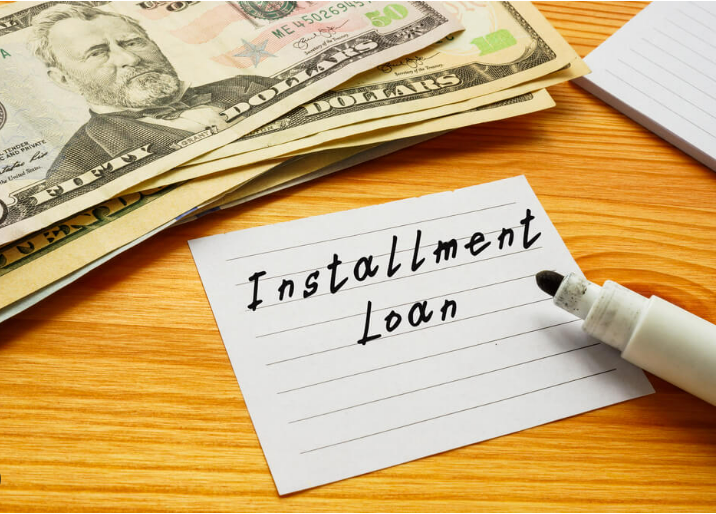All You Need to Know about Installment Loan
Installment loans enable you to borrow a sum of money and repay it through equal monthly payments, typically at a fixed interest rate. They are a flexible and useful financial tool for various needs.
For instance, you might use an installment loan to fund a large purchase or consolidate credit card debt into a single loan with manageable payments.
Common examples of installment loans include personal loans, student loans, mortgages, and auto loans.
What is an installment loan?
An installment loan is a type of closed-end debt that you repay over a fixed term, whether it’s a few months or several years.
Unlike open-ended revolving credit, such as credit cards or lines of credit, you cannot reuse the borrowed amount as you pay it down. To borrow additional funds, you would need to apply for a new loan.
Common types of installment loans include:
- Personal loans
- Mortgages
- Auto loans
- Student loans
- Payday loans
- Buy now, pay later loans
These loans are available through various sources, including banks, credit unions, online lenders, mortgage brokers, and dealerships.
Installment loans can be either secured or unsecured.
Secured installment loans
A secured loan involves pledging an asset, such as a home or car, as collateral. If you are unable to repay the loan, the lender has the right to seize the asset to recover the outstanding balance. Common examples of secured loans include mortgages and auto loans.
Secured installment loans can take longer to process. For example, mortgage approvals typically take around 40 days and require significant documentation. However, the approval process for secured loans may be less dependent on your credit score compared to unsecured loans.
Unsecured installment loans
Personal loans and buy now, pay later (BNPL) loans are examples of unsecured installment loans. These loans do not require collateral, making the approval process simpler and typically based on your credit scores, income, and debt.
Unsecured personal loans can often be funded as quickly as the same day you sign, with loan amounts generally up to $100,000.
How does an installment loan work?

Installment loans enable you to borrow a specified amount of money, which is given to you as a lump sum. These loans can be repaid over a set period, ranging from a few weeks (for payday loans or BNPL loans) to up to 30 years (for mortgages).
Typically, installment loans feature a fixed interest rate and require regular monthly payments. Each payment is divided between repaying the principal amount borrowed and covering the interest on the loan. You will continue to make payments until the loan is fully repaid. Once the principal and interest are paid in full, the lender will close the account.
Do installment loans hurt your credit?
Installment loans can negatively impact your credit if you miss a payment or if you apply for a loan and trigger a hard credit inquiry.
To minimize damage, look for lenders that offer prequalification without a hard credit pull. A hard inquiry occurs when you formally apply, but its impact on your score is generally minimal and temporary.
Late payments can significantly harm your credit score more than a credit inquiry, so it’s crucial to stay current on your payments. Setting up automatic payments can help ensure you never miss a due date.
However, some installment loans, like buy now, pay later (BNPL) financing, may not affect your credit score. BNPL options often do not require a credit check, and payments may not be reported to credit bureaus, thus typically having little to no impact on your credit.
Should you get an installment loan?
An installment loan can be a good option if you can manage the payments, are financially stable, and will benefit from the loan. These loans require a long-term payment commitment, potentially lasting up to 30 years.
If you anticipate job changes or fluctuations in your income, an installment loan might not be the best choice for you.
To determine if an installment loan fits your needs, compare offers from various lenders. Use loan comparison websites to view side-by-side offers, or consult a mortgage broker if you’re buying a house—they can help find the best programs from different lenders.
Be sure to get quotes from at least three different companies to ensure you receive the best rate.
If an installment loan doesn’t seem right for you, consider alternatives such as personal lines of credit, credit cards, or home equity lines of credit.
In Conclusion
Installment loans offer a convenient solution for covering large expenses, handling unexpected financial emergencies, consolidating high-interest debt, or purchasing a car or home.
Before applying, it’s crucial to understand the mechanics of various types of installment loans and to compare offers from different lenders. This will help you find a loan with favorable terms that best suits your financial needs.
MORE FROM dealresult.com












